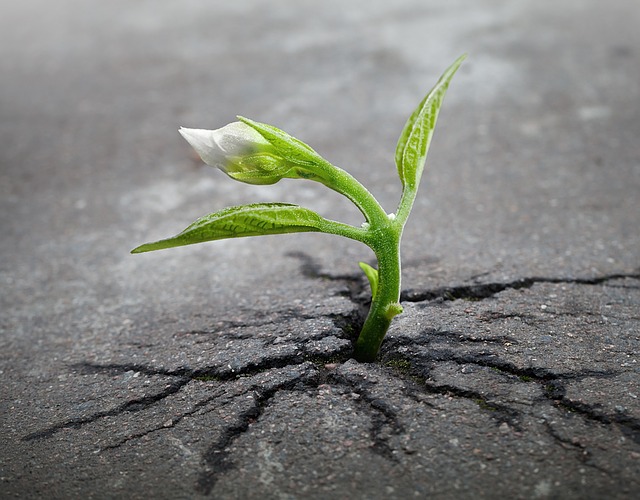Life that does not die
In an assiduous controversy, Jesus asserts: – Whoever observes my word, will not suffer death forever. Clearly: practicing the Gospel means practicing the life of God which is unending. Due to these words the listeners picked up stones to lapidate him, to produce death or a cadaver, to commit a homicide of the truth. Jesus also said : Those who believe in me, even if they are dead, will live on. It is the gift of a life formula for a world that has lost the secret to eternity.
Jesus also said: Procure the food that does not perish, food which remains for eternal life… I am the bread of life… whoever eats my flesh and drinks my blood will have eternal life. And it is clear that by eating the flesh of the Man-God, and drinking his blood, we instate a blood-relationship with Christ: acquiring his life, overcome death.
Vice versa, if with Christ we can live the divine life on earth, by going against Him we can live here and now, death without end, since “Whoever does not love, is in death.».
Igino Giordani, Words of Life, SEI Turin, 1954, pp. 84-85
The action of Christ – continued by the Church – is that of breaking the barriers erected by sin, between Life and Death, between Being and non Being and that of grafting our mortal existence onto the existence of God who is eternal. The quest for God, unity with Him and the path to sanctification are the paths towards Life. They are movements stimulated by the thirst for immortality: victory over the shadows of Non-being. Whoever believes in God no longer fears death and has overcome it and has annulled death in Christ, culminating in the Resurrection.”
Igino Giordani, Words of Life, cit., pp. 85-86
On the last Saturday, when he entered Jerusalem the people burst with joy – and the crowds or, as we say today – the masses set up a triumphal welcome. There were no guards in their armour, or soldiers in their livery, or horses or carriages. There was no organized event and protocols, but cheering kids, acclaiming workers , women crying amid a hail of green branches, above a carpet of cloaks to be trod on in a festive nubile. And from above the sun shone to submerge all in a triumph of sunlight. The people affirmed his power, imposing on the holy city the kingly peace of one its sons riding a donkey. And Jesus contrasted the imperial glory and Sanhedrin arrogance of swords and flattery – with his peaceful supremacy, founded on God and his people, going beyond the official entitlements and castes.
Those who a few days later, or a few nights later, with a flick of the hand, suppressed the will of the people with a group of legionaries, servants, paid witnesses, and set up a scaffold. The same old story and usual proceedings with which, once again, the power of money and castes took the upper hand, in place of reason.
Igino Giordani, Word of Life, cit., pp. 88
They believed to have done their best because they had produced a dead man. But from the tomb Christ rose, and the Church – Mystical Christ – rose from the catacombs. 
And the people always turned to him, as their head, who under the sun and amid the palms entered smiling amongst his people, to exercise an authority which is charity, and service – service of the masses. And he remained and his grandeur consisted in the fact that he came to serve and not to rule. He had proven his love with his suffering, and had given life to the others through his own death. “No one has greater love than he who gives up his life for his friends. »
Igino Giordani, Words of Life cit., pp. 89-90




